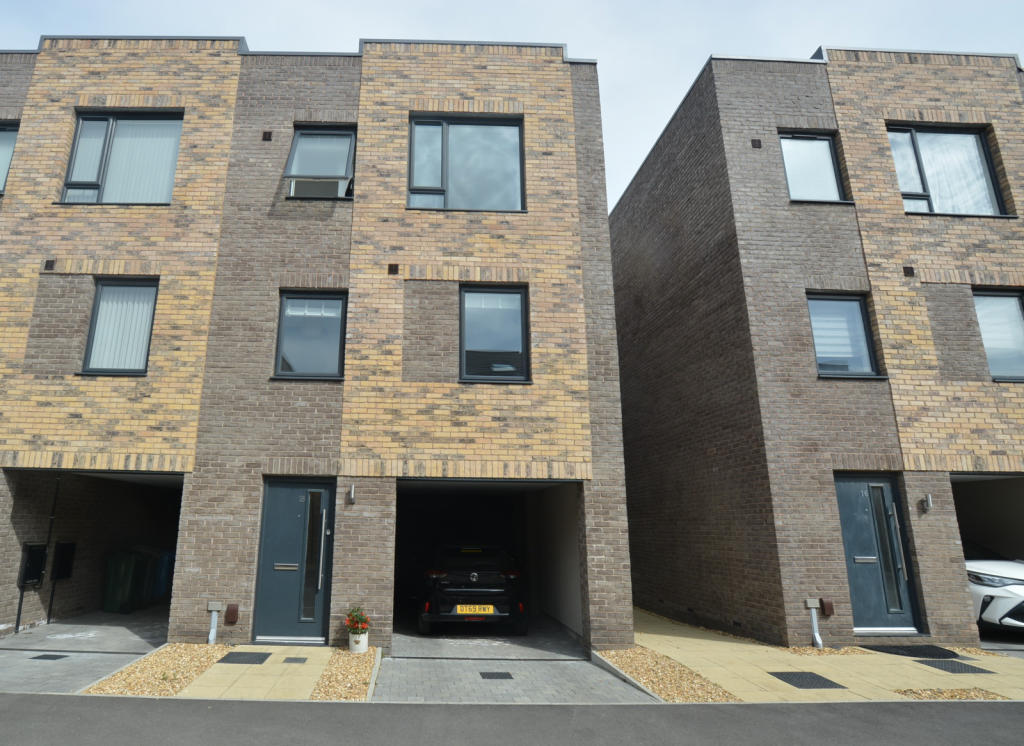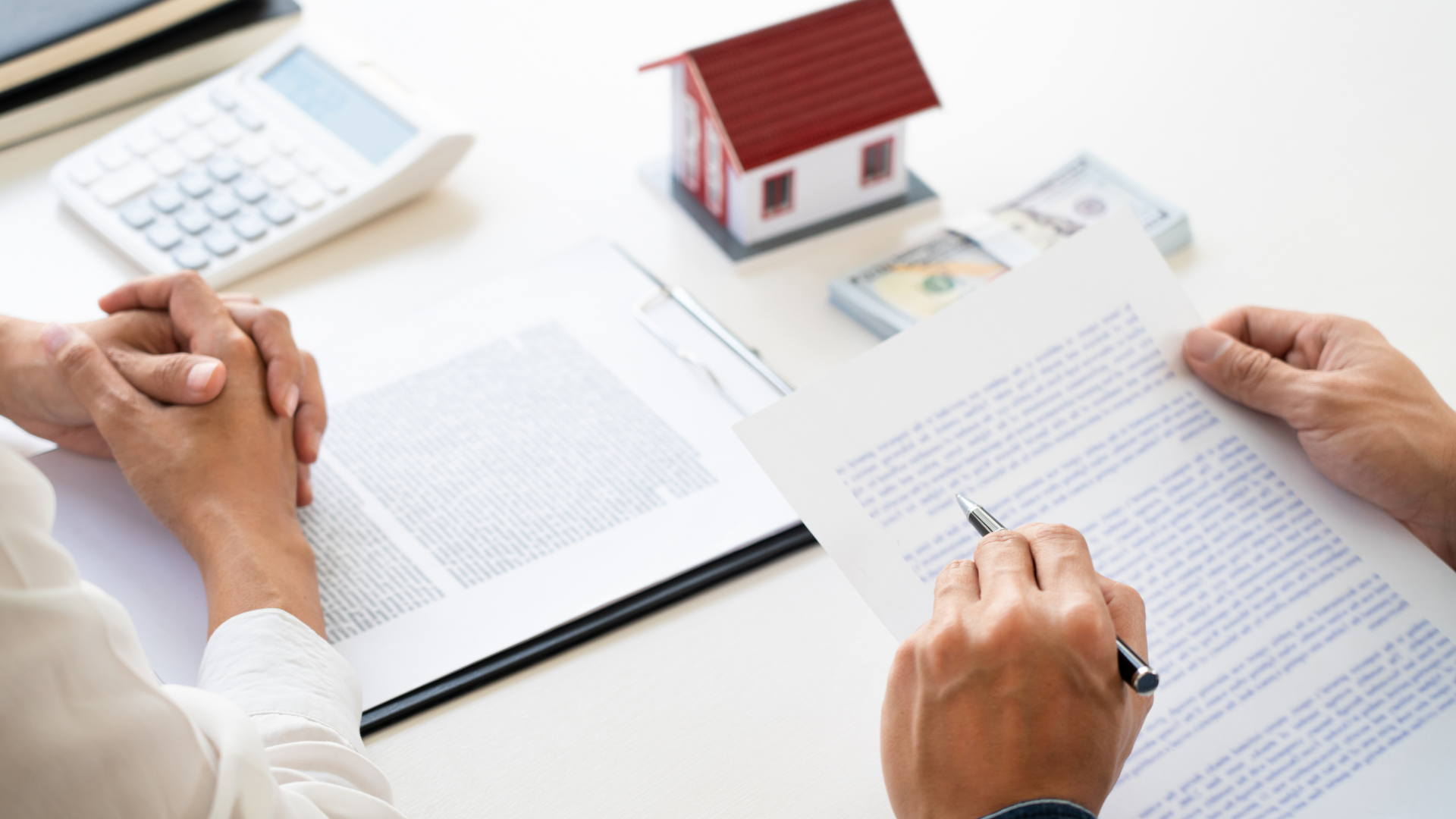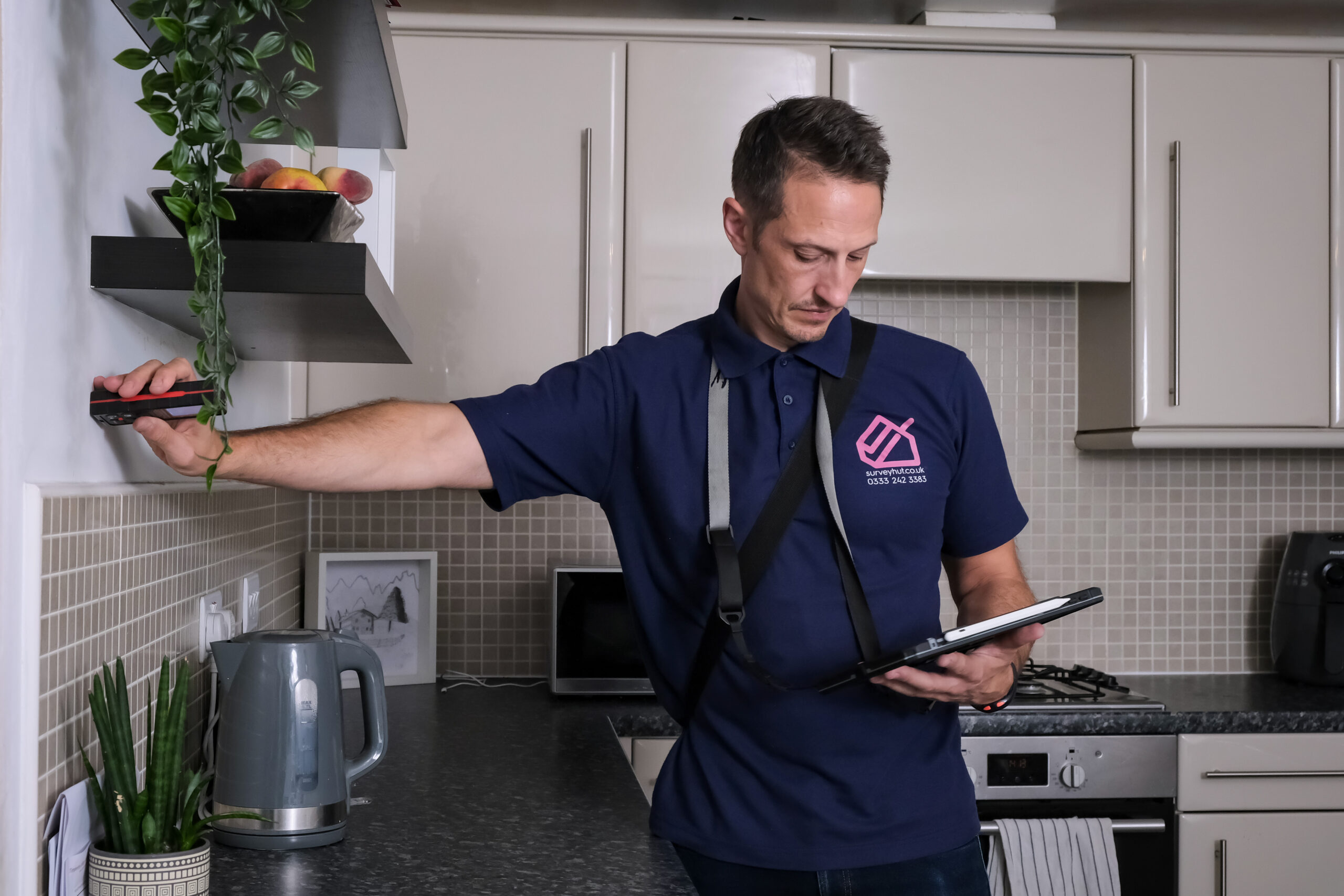Buying an apartment is an exciting step, but it’s crucial to be aware of potential pitfalls before making such a significant purchase. Whether you’re a first-time buyer or looking to upgrade, keeping your eyes open for common issues can save you from headaches down the road.
Before signing on the dotted line, you should thoroughly inspect the property and research its history to avoid costly surprises. This includes checking for structural issues, understanding the building’s management, and reviewing any restrictions that might affect your lifestyle.
Don’t forget to consider the neighbourhood and its amenities. Your dream flat might lose its shine if it’s in an area that doesn’t suit your needs or if essential services are lacking. Take your time to explore and ask questions – it’s your future home, after all!
Evaluating the Building’s Condition
When buying an apartment, it’s crucial to assess the overall state of the building. A surveyor’s thorough evaluation can help you avoid costly surprises and ensure you’re making a sound investment.
Structural Integrity and Common Defects
Start by examining the building for signs of structural problems or cracks. Check exterior walls for any visible damage or deterioration. Look out for water stains, which could indicate leaks, drainage issues, or even damp.
Inside the apartment, inspect walls and ceilings for cracks or uneven surfaces. Pay attention to doors and windows – if they don’t open or close properly, it might signal structural problems.
Don’t forget to assess the plumbing and electrical systems. Look for signs of outdated wiring or pipes, which could be costly to replace. Mould growth in bathrooms or kitchens might point to ventilation issues.
Consider hiring a professional surveyor to conduct a thorough inspection. We can spot potential problems that might not be obvious to the untrained eye.
Age and Maintenance Record of the Property
Find out when the building was constructed and when major renovations were last carried out. Older buildings might have charm, but they often require more upkeep.
Ask for maintenance records to see how well the property has been cared for. Regular upkeep can extend a building’s lifespan and prevent costly repairs down the line. Check if there’s a sinking fund for major repairs and improvements. This can give you an idea of how well-prepared the building is for future maintenance needs.
Look into any planned renovations or upgrades. While these can improve the property, they might also lead to increased service charges or special assessments.
Don’t hesitate to ask about recent repairs or ongoing issues. This information can help you gauge the building’s overall condition and potential future costs.
Understanding Legal and Financial Aspects
Legal and financial considerations are crucial when buying an apartment. These aspects can significantly impact your ownership rights and long-term costs.
Leasehold vs Freehold Implications
When purchasing a flat, you’ll likely encounter leasehold properties. Leasehold means you own the property for a fixed term, while the freeholder owns the land and building.
Leaseholds typically last 99 to 999 years. As the lease shortens, it can affect the property’s value and your ability to secure a mortgage.
You’ll often need to pay ground rent and service charges to the freeholder. These costs can increase over time, so it’s essential to review the lease terms carefully.
Freehold flats are rare but offer full ownership of the property and land. You won’t have to pay ground rent or deal with lease extensions, but you may share maintenance responsibilities with other freeholders in the building.
Reviewing Ownership Documents and Caveats
Before buying, you’ll want to examine the property’s title deeds and land registry documents. These records reveal crucial information about ownership rights and potential restrictions.
Look for any caveats or encumbrances on the property. These might include easements, rights of way, or covenants that could limit your use of the flat.
Check for any ongoing disputes or legal issues involving the property or building. These could lead to unexpected costs or complications down the line.
It’s wise to hire a solicitor or conveyancer to help you navigate these documents. They can spot potential issues and ensure you understand all the legal implications of your purchase.
Inspecting the Interior Spaces
When viewing an apartment, it’s crucial to examine the interior spaces thoroughly. Pay attention to the condition of rooms, natural lighting, and essential systems to ensure you’re making an informed decision.
Room Conditions and Potential Renovations
Take a close look at the walls, floors, and ceilings in each room. Are there any cracks, stains, or signs of water damage? Check for uneven flooring or squeaky boards that might indicate structural issues.
Examine the state of the windows and doors. Do they open and close smoothly? Look for drafts or gaps that could affect energy efficiency.
Consider the overall layout and whether it suits your needs. Are there any awkward spaces or features you’d want to change? Factor in potential renovation costs if you’re planning to make significant alterations.
Don’t forget to inspect built-in storage spaces like cupboards and wardrobes. Are they in good condition and sufficient for your belongings?
Natural Light and Ventilation
Assess the amount of natural light each room receives. Visit the flat at different times of day if possible to get a complete picture. Are there any rooms that feel particularly dark or gloomy?
Check if the windows can be opened easily to allow fresh air circulation. Good ventilation is essential for maintaining a healthy living environment and preventing issues like mould growth.
Consider the orientation of the apartment. South-facing rooms tend to receive more sunlight throughout the day, while north-facing spaces might be cooler and darker.
Look for any potential obstructions outside that could impact light or views, such as nearby buildings or large trees.
Plumbing and Electrical Systems Assessment
Turn on taps and flush toilets to check water pressure and drainage. Look for signs of leaks or water damage around pipes and under sinks.
Inspect visible plumbing fixtures for any signs of rust or corrosion. Ask about the age of the boiler and when it was last serviced.
Test light switches and electrical outlets in each room. Are there enough outlets for your needs? Look for any signs of outdated or unsafe wiring.
Ask about the age of the electrical system and whether it has been recently updated. Older systems might struggle to handle modern power demands.
Consider hiring a surveyor to conduct a thorough assessment of these systems. At Survey Hut, our Level 3 MAX Survey can identify potential issues that might not be immediately apparent to the untrained eye.
Researching the Neighbourhood and Community
When buying an apartment, it’s crucial to investigate the surrounding area. Your living experience extends beyond the walls of your flat, so take time to explore the neighbourhood thoroughly.
Local Amenities and Transport Links
Check for nearby shops, cafes, and parks. Are there supermarkets within walking distance? Look for gyms, libraries, and healthcare facilities. These amenities can greatly enhance your daily life.
Evaluate the transport options. Is there a bus stop or train station nearby? Consider your commute to work and how easily you can reach other parts of the city. If you drive, assess parking availability both at the apartment and in the surrounding streets.
Don’t forget to visit the area at different times of day. This will give you a better sense of traffic patterns and local activity levels. Chat with residents if possible to get insider knowledge about the community.
Noise Levels and Neighbourhood Safety
Pay attention to potential noise sources near the flat. Are there busy roads, train lines, or flight paths overhead? Visit the apartment at various times to gauge typical noise levels.
Research local crime statistics and speak to neighbours about their experiences. Look for well-lit streets and signs of community engagement, such as neighbourhood watch schemes.
Check if there are any upcoming developments planned for the area. New construction projects could impact noise levels and change the character of the neighbourhood.
Remember, a good surveyor can provide valuable insights into both the apartment and its surroundings. They might spot issues you’ve overlooked, helping you make a more informed decision about your potential new home.Get in touch with Survey Hut today for a comprehensive Home Survey. We are held to the highest professional standards by the RICS, so you know that you’ll get a high-quality report. Make sure your perfect home, is perfect.
Sharing is caring!




